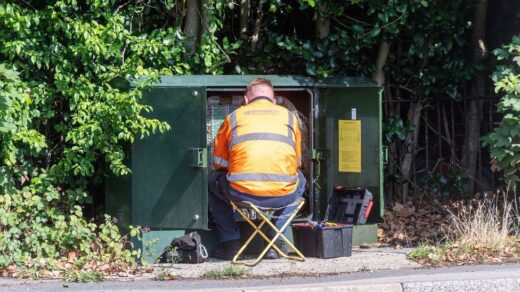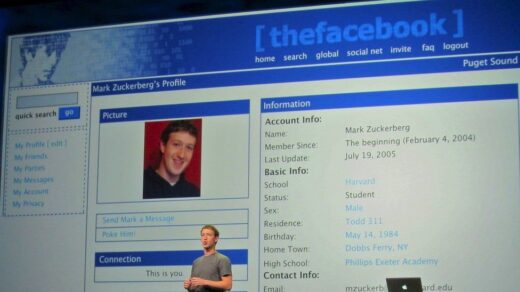The Lucy Faithfull Foundation (LFF), a charity that supports individuals concerned about their thoughts or actions, has reported an increase in callers feeling confused about the ethics of viewing AI-generated child abuse imagery. The charity warns that creating or viewing such images is illegal, even if the children depicted are not real. One caller, who used AI software to create indecent images of children using text prompts, claimed to be fascinated by the technology and denied any sexual attraction to children. The LFF stressed that his actions were illegal regardless of the authenticity of the images. The charity has received similar calls from others expressing confusion on the matter. The LFF’s Donald Findlater emphasised that AI images should not be seen as a blurred line between legality and morality, as offenders who engage with such material are more likely to harm children. The charity is urging society and lawmakers to address the issue and reduce the ease with which child sexual abuse material is created and published online. The LFF also highlighted that young people may unknowingly create child sexual abuse material using AI apps, and criminal cases have been launched against young boys using declothing apps to create explicit pictures of school friends. In the UK, the head of the National Crime Agency has called for tougher sentences for offenders possessing child abuse imagery, including AI-generated material.









